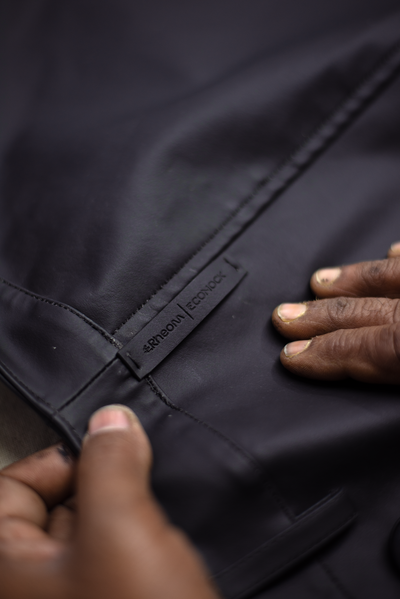The Secondary Materials and Recycled Textiles Association (SMART), representing U.S. companies engaged in the reuse, recycling, and repurposing of textiles, has made a direct appeal to policymakers in Washington to ensure the timely renewal of the African Growth and Opportunity Act (AGOA). Set to expire at the end of September, the programme underpins one of the United States’ largest textile exports—secondhand clothing—and has been instrumental in securing reciprocal trade access in African markets.
“SMART strongly supports AGOA because it delivers shared benefits on both sides of the trade relationship,” said Jessica Franken, Head of Government Affairs at SMART. “By providing duty-free access to the U.S. market, AGOA helps African countries grow their economies, create jobs, and strengthen their manufacturing base—opportunities that SMART members wholeheartedly support. At the same time, AGOA provides accountability: it requires, among other things, participating countries to maintain open markets for U.S. goods.”
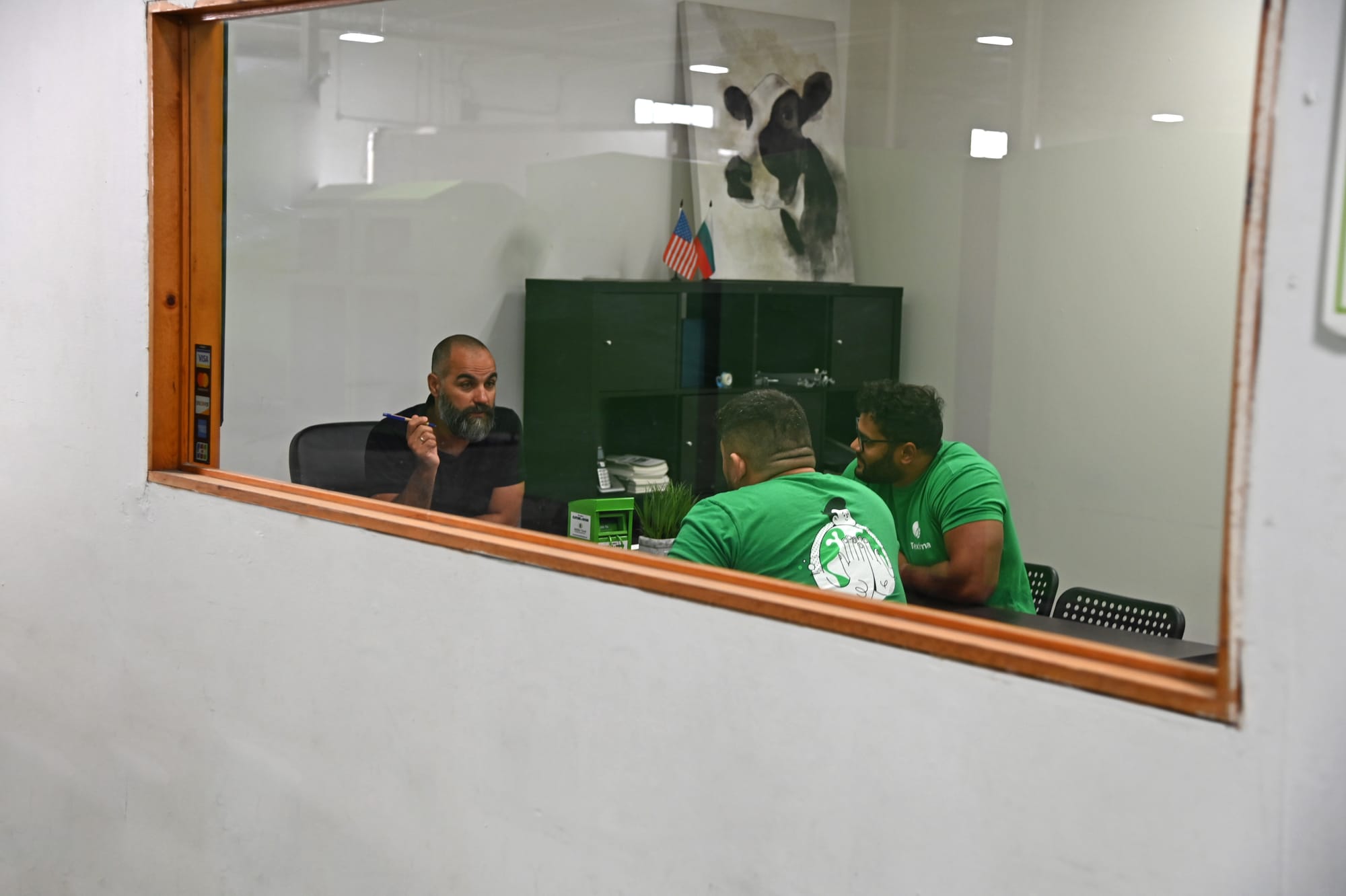
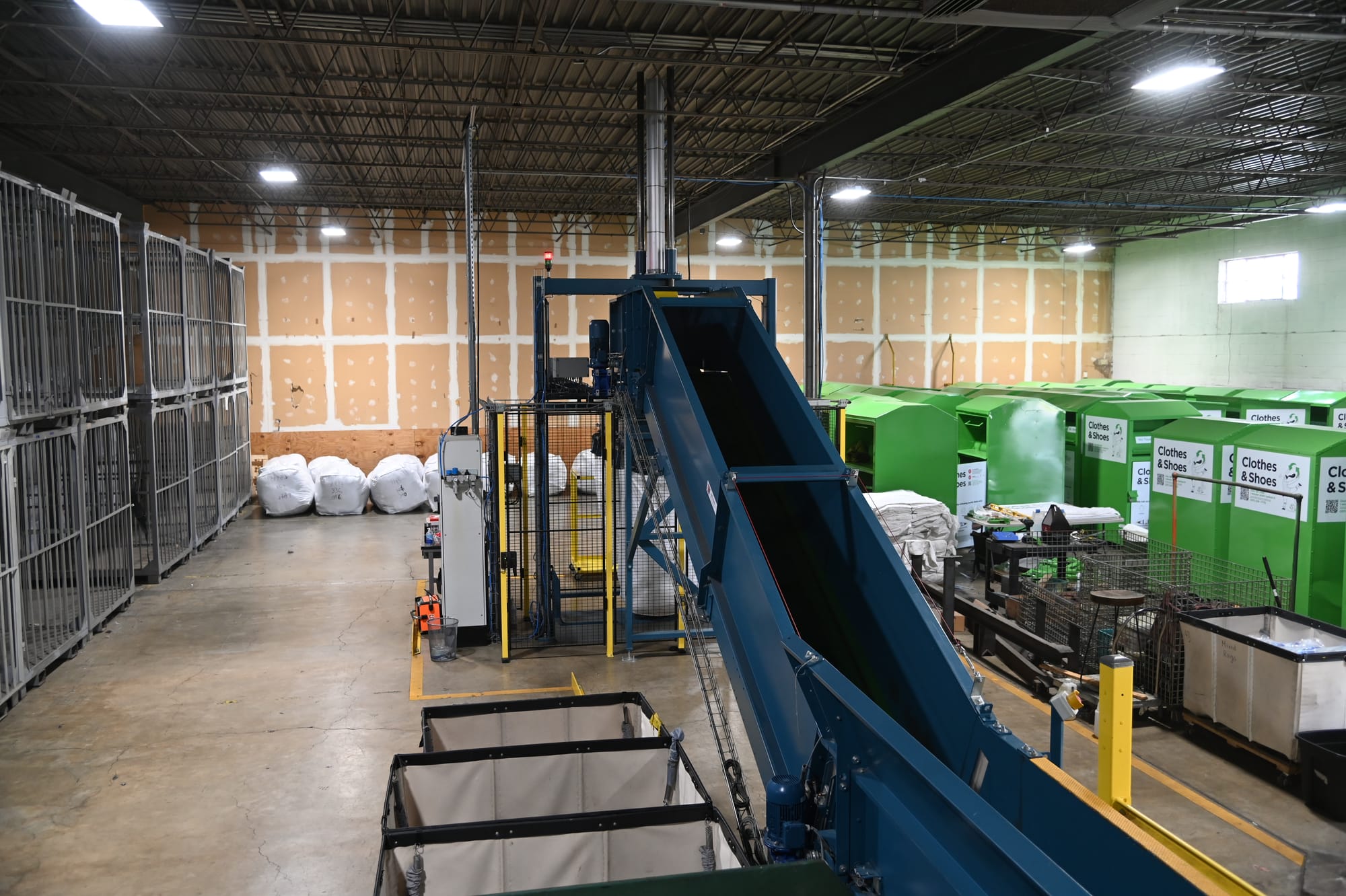
That accountability has proven crucial. Franken pointed to the moment when the East African Community (EAC) attempted to ban secondhand clothing imports several years ago. The U.S., she explained, was able to invoke AGOA obligations to keep trade channels open. “Without that framework, countries could revisit such bans, shutting out U.S. secondhand textiles and dealing a devastating blow to exporters.”
The stakes are considerable. The U.S. secondary textile industry supports thousands of jobs in collection, sorting, and recycling, all of which depend on export markets. Franken stressed that “if AGOA lapses, those jobs and investments will be at risk. The harm, however, would extend far beyond the U.S. Tens of thousands of people in African countries rely on secondhand apparel for both their livelihoods and access to affordable, quality clothing.”
AGOA’s rules-based framework also serves as a counterbalance to growing Chinese influence in Africa. “China is already heavily invested across Africa, while U.S. investments lag behind,” Franken said. “It appears that China is often driving efforts to close off U.S. exports, including secondhand textiles, as a way to cement its own influence and supply chains. If AGOA were to lapse, countries would have fewer incentives to maintain open markets for U.S. goods and more reason to align with China’s interests.”
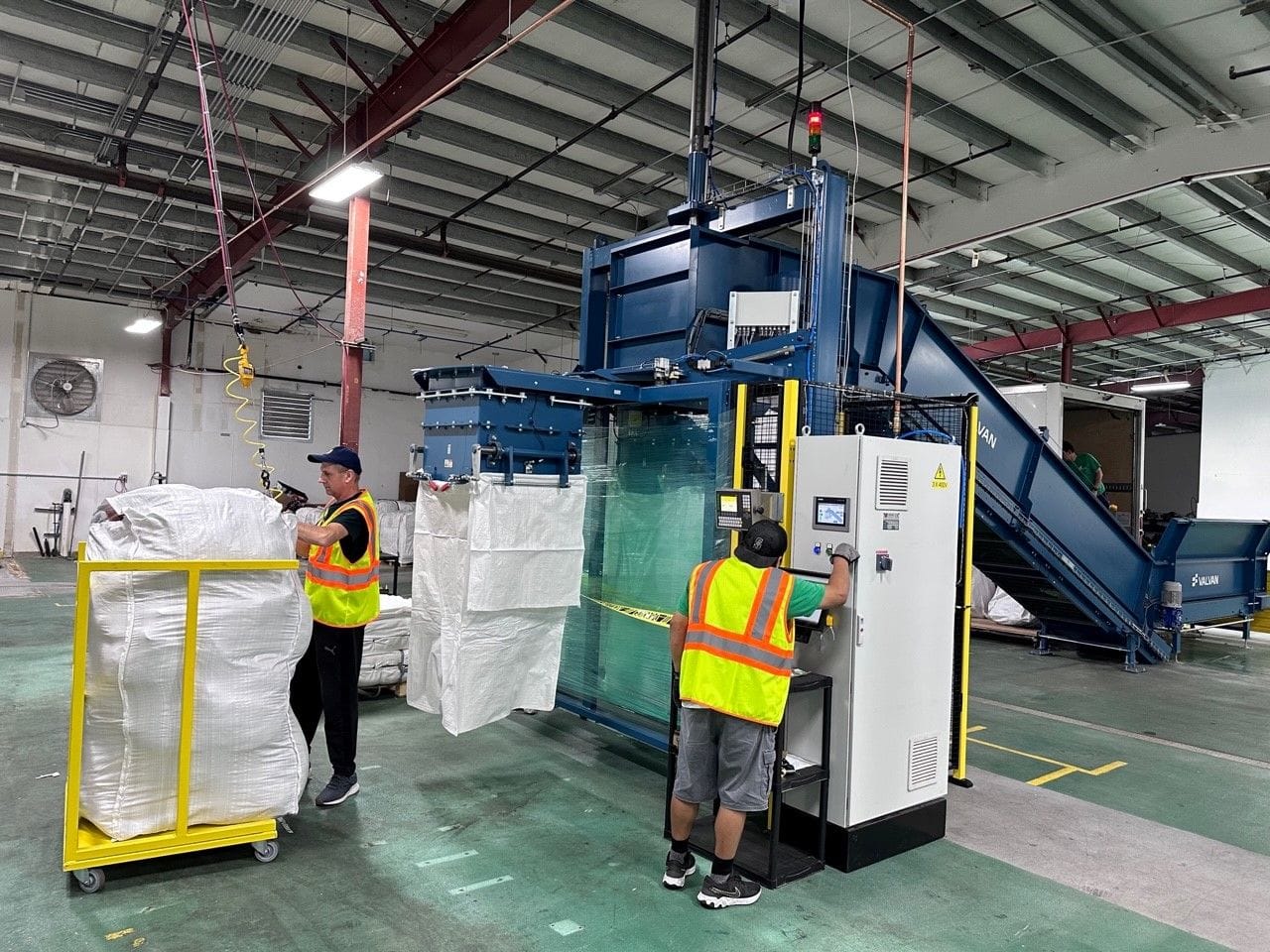
Environmental sustainability is another cornerstone of SMART’s advocacy. “AGOA supports U.S. sustainability objectives by keeping trade channels open for secondhand textiles, which are central to reuse and recycling,” Franken explained. “Every pound of clothing put back into circulation extends its useful life, reduces landfill disposal, and lowers demand for virgin fibre production. Maintaining responsible open markets is critical to keeping these materials in use rather than wasted.”
On renewal priorities, Franken was clear: “It is essential that the Administration and Congress preserve the core market-access obligations that require beneficiary countries to keep their markets open to U.S. goods, including secondhand textiles." She also highlighted the need for investment incentives, technical assistance, and capacity-building measures to bolster U.S. competitiveness in Africa, where China’s presence continues to expand.
Looking ahead, Franken sees an opportunity for AGOA to evolve into a platform for deeper partnership. “In the longer term, AGOA could evolve from being viewed as a unilateral trade preference into a platform for a more balanced, strategic partnership between the U.S. and Africa. It can also be structured to strengthen U.S. competitiveness while linking trade with broader objectives such as promoting circular economy practices, scaling Extended Producer Responsibility, and reducing textile waste.”

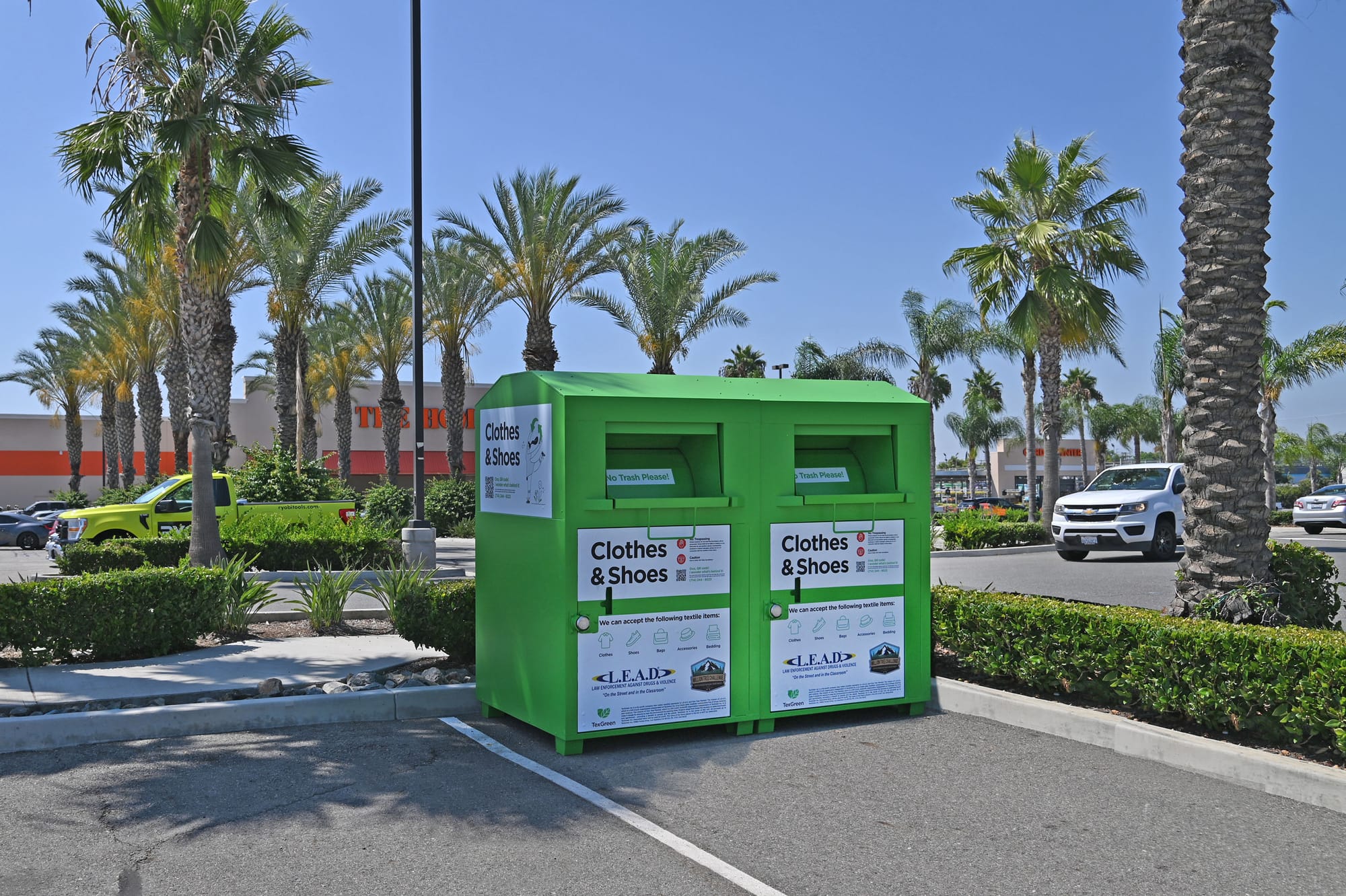
In a September 2 letter to United States Trade Representative Jamieson Greer, the United States lead trade negotiator, reinforced the message reinforced the message: “AGOA has been a cornerstone in safeguarding the interests of our sector. When EAC nations sought to ban secondhand clothing imports several years ago, it was U.S. leadership—backed by AGOA—that ensured the ban was reversed. The programme remains essential to deterring unfair trade practices and countering China’s growing influence across the continent.”
Franken added: “Our industry supports thousands of American workers and advances sustainability by extending the life of textiles. Reauthorisation directly strengthens U.S. economic and environmental goals.”
For SMART, the conclusion is clear: AGOA renewal is not just a trade issue but a safeguard for jobs, sustainability, and fair competition. As Franken summarised, “AGOA is a win-win: it fosters economic development in Africa while ensuring fair and open trade for U.S. secondary textiles. Its expiration would mean losses for American workers and African families alike.”



